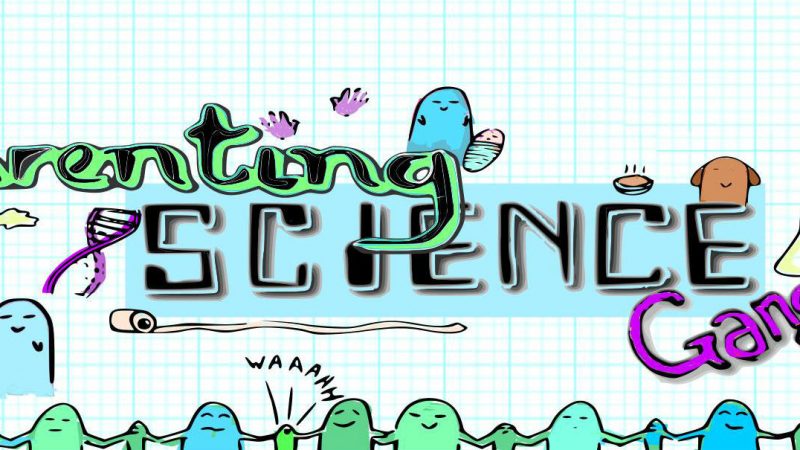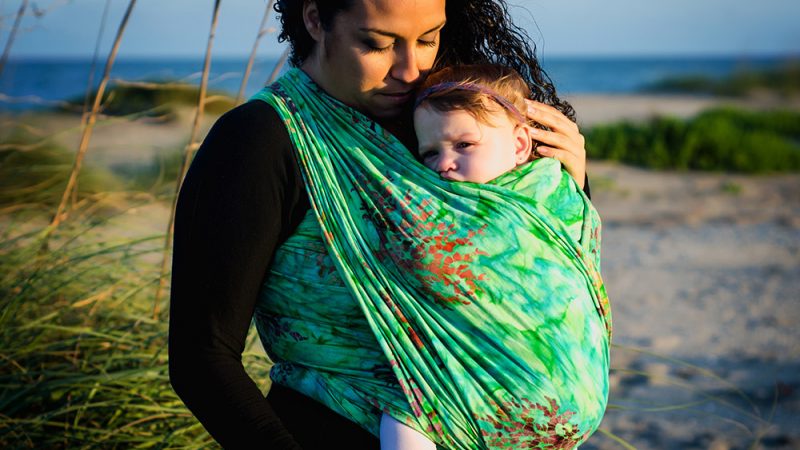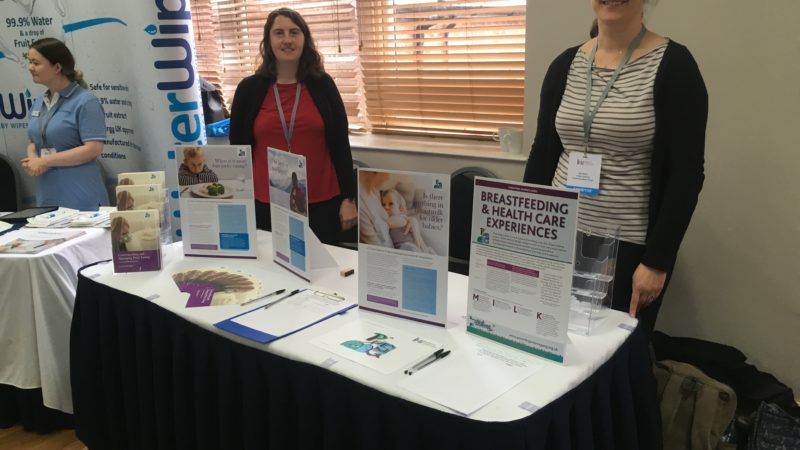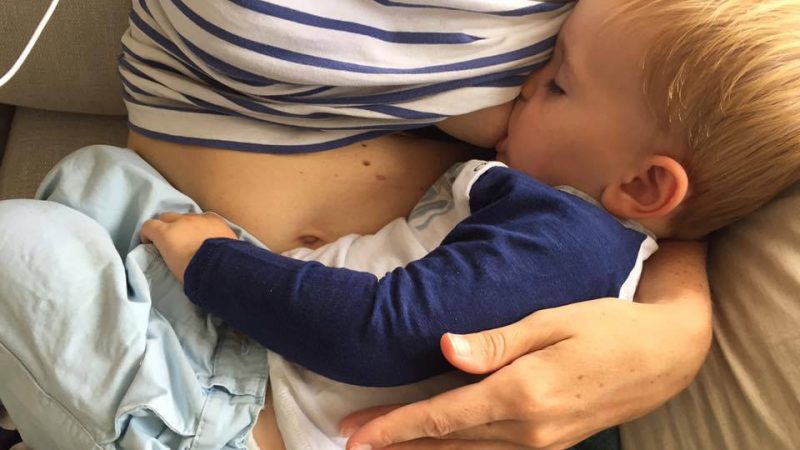
Newsletter #4 – Residential fun
Residential Weekend
June kept us busy! The month began with a weekend in Derbyshire for our first Parenting Science Gang (PSG) residential.
Q: Can you make a two-day training session accessible to parents of small children, including several breastfeeding mothers?
The answer, we discovered, is a resounding yes!
Find out what the participants thought in these blog posts on the event:
So, guess what? Turns out I’m a scientist! by Kiana Carrington-Roberts, UK Breastfeeding and Parenting Support PSG
Laid back but real science by Lauren Samat, Science Aware Natural Parenting PSG
Experiences make you happy by Francesca Elver-Fiddimore, Breastfeeding Older Babies and Beyond PSG
Questions questions!
Focus on Breastfeeding Older Babies and Beyond (BOBAB) PSG
Our science gangs are forging ahead and the BOBAB gang are, excitingly, getting close to starting the experiment stage of their project.
Their top three questions right now are:
- The composition of breastmilk produced for toddlers/older children
- What causes a child to self-wean?
- Hormones in breastmilk and their relationship to well-being and child development
For the full list of questions and to find out more about how the BOBAB gang are getting on, see Democracy in action. So many questions! – BOBAB experiment update
Asking the experts
Breastfeeding expert Dr Amy Brown, Associate Professor of Public Health, Policy and Social Sciences at Swansea University joined our two breastfeeding-related groups for an excellent stint in the group as our first Expert in Residence.
Catch up on this month’s Q&As with the experts here:
- Language Development in Children Silke Brandt, a Lancaster University Babylab researcher with a focus on how language and cognitive development interact, joined us to answer our questions about language development in children
-
How have 14,500 Bristol babies changed science? Suzi Gage, from the University of Liverpool, discussed the Avon Longitudinal Study of Parents and Children (ALSPAC) and how this data can be used in research.
-
TV and Creativity Dr Sarah Rose of the Staffordshire University Children’s Lab discussed her research on the effect of TV on creativity in children.
-
How Can Citizen Science Change the World? Our very own Science Gang instigator and Project Director Sophia Collins took some time to answer our questions creating a radical citizen science project.
Coming soon…
Write ups of some very interesting discussions:
- What’s in breast milk? Q&A with Dr Natalie Shenker
- How do we research fussy eating? Q&A with Claire Farrow
Q&As on
- What are the effects of playing video games? Dr Pete Etchells, Bath Spa University
- Breastfeeding Policy, Dr Ruth Stirton, Sussex University
- Milk Sharing: Dr Karleen Gribble, Adjunct Fellow in the School of Nursing and Midwifery at the University of Western Sydney
Calling all experts! Want to get involved?
Our four Parenting Science Gangs will chose one question each to investigate. But right now their questions span anything from conception onwards: pregnancy, breast feeding, natural term breastfeeding, food and eating habits, the things we buy for our chidren, screen time, education…
Yep, parents have LOTS of questions. Are you an expert in any of these areas – or any area of parenting? Would you like to get involved? (You could join us for an online Q&A or be an expert in residence in one of our groups). If so, please contact us at newsletter@parentingsciencegang.org.uk
Want our newsletters direct to your inbox? Join our mailing list.


